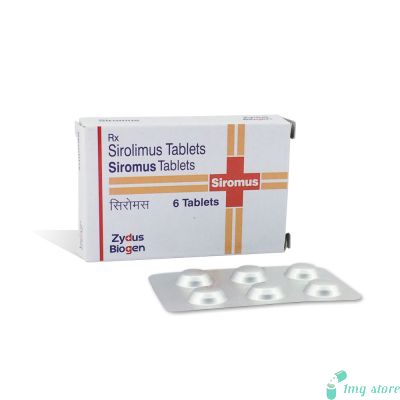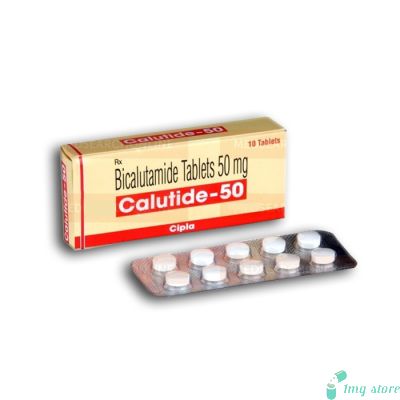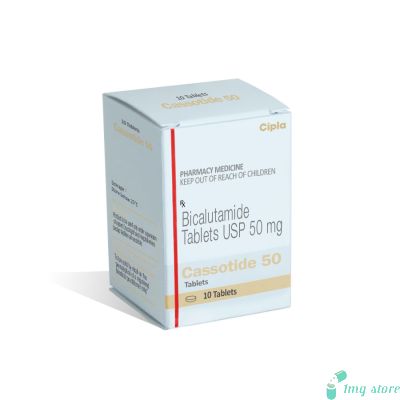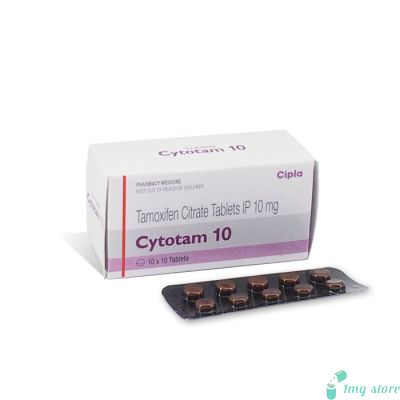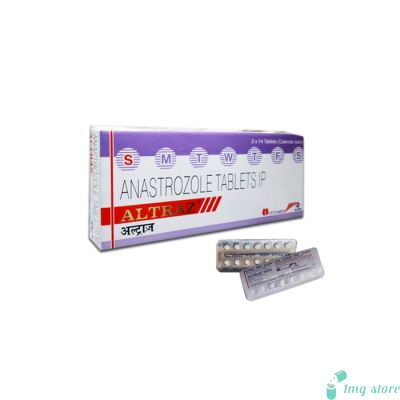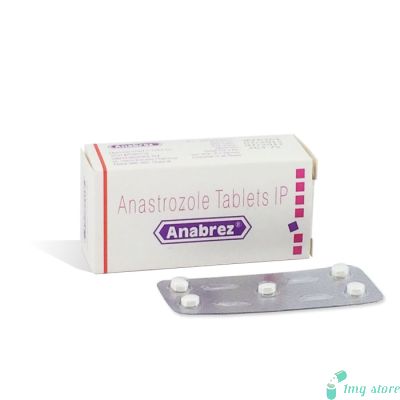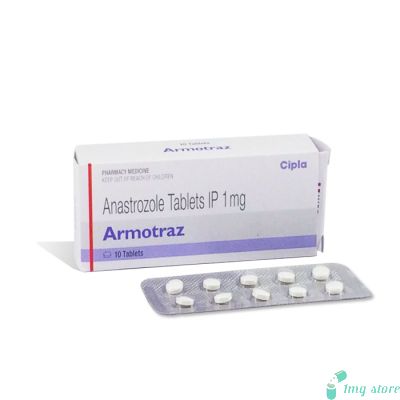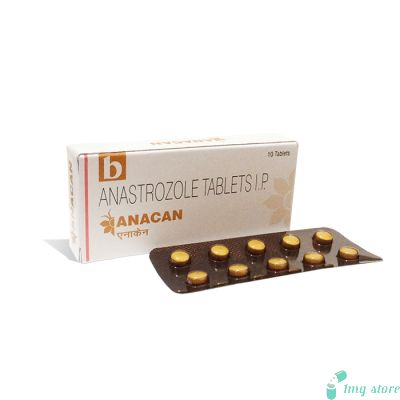Rapacan Tablet (Sirolimus)
Sirolimus Tablet, also known as Rapacan, or Rapamune, is a medication that belongs to a class of drugs called immunosuppressants. It is primarily used to prevent the rejection of organ transplants, particularly kidney transplants.
Information About Rapacan Tablet (Sirolimus)
Sirolimus tablet, also known as Rapacan, or Rapamune, is a medication that belongs to a class of drugs called immunosuppressants. It is primarily used to prevent the rejection of organ transplants, particularly Kidney transplants. Sirolimus works by suppressing the immune system to reduce the body's natural response against the transplanted organ. This medication is available in the form of oral tablets and is prescribed under the brand name Rapacan 1.
Dosage Information:
The dosage of Sirolimus tablet (Rapacan) may vary depending on several factors, including the patient's medical condition, the type of organ transplant, and other medications being taken. It is essential to follow the prescribed dosage and consult a healthcare professional for specific instructions. Sirolimus is usually started within 24 to 48 hours after transplantation.
- For adult kidney transplant patients, the initial recommended dose of Sirolimus is typically 6 mg, followed by a maintenance dose of 2 mg once daily. The dose may be adjusted based on individual response and tolerance. Regular monitoring of blood levels is necessary to ensure the drug's effectiveness and prevent toxicity.
- For pediatric kidney transplant patients, the dosage is determined based on the child's body surface area (BSA) and is usually initiated at 0.2 mg/m², followed by a maintenance dose of 0.15 mg/m² once daily.
- The dosage regimen may vary for other organ transplant types and different patient populations. It is crucial to consult a healthcare professional for personalized dosage recommendations.
Sirolimus Tablet Rapacan 1 Price and Availability:
If you are interested in purchasing a Sirolimus tablet (Rapacan) in a specific pack size, you can check the price and availability at our store. However, it is important to note that the availability and pricing may vary depending on your location and local regulations
Sirolimus Tablet Rapacan 1 Benefits:
Sirolimus medication, specifically the Sirolimus tablet (Rapacan) 1, offers several benefits for patients undergoing organ transplantation. By suppressing the immune system, Sirolimus helps reduce the risk of rejection and improves the chances of a successful transplant. It is often used in combination with other immunosuppressant medications to achieve optimal outcomes. Additionally, Sirolimus has demonstrated potential benefits in the treatment of certain types of cancer. Its ability to inhibit mTOR and interfere with cancer cell growth has shown promise in clinical trials. However, the use of Sirolimus for cancer treatment is still being investigated, and individual patient considerations should be taken into account.
In summary, Sirolimus tablet (Rapacan) is an immunosuppressant medication primarily used to prevent organ rejection following kidney transplantation. It is available in the form of oral tablets and is prescribed under the brand name Rapacan 1. The dosage of Sirolimus varies depending on the patient's medical condition and transplant type. It can also be used off-label for the treatment of certain cancers. If you are interested in purchasing a Sirolimus tablet (Rapacan) in a specific pack size, you can check the price and availability at our store. However, it is recommended to consult with a healthcare professional for personalized dosage instructions and accurate information regarding pricing and availability.
Here are some important points to keep in mind while using the Sirolimus tablet (Rapacan)
Before taking a Sirolimus tablet (Rapacan) or any other medication, it is important to consider certain precautions to ensure its safe and effective use.
Allergies: Inform your healthcare provider if you have any known allergies to Sirolimus or any other medications. This is important as the tablet may contain inactive ingredients that could cause allergic reactions or other complications.
Medical History: Discuss your complete medical history with your doctor, especially if you have a history of liver disease, high cholesterol or triglyceride levels, diabetes, lung disease, or any other significant medical condition. Sirolimus/Rapamune may interact with these conditions and require adjustments in dosage or additional monitoring.
Pregnancy and Breastfeeding: Sirolimus may harm an unborn baby, so it is crucial to discuss pregnancy plans with your healthcare provider. Additionally, it is not recommended to breastfeed while taking Sirolimus, as it can pass into breast milk and harm the nursing infant.
Vaccinations: It is important to consult your healthcare provider regarding the administration of vaccines while taking Sirolimus. Certain vaccines may not be as effective in individuals receiving immunosuppressive medications.
Surgery: If you are scheduled for any surgical procedure, including dental surgery, inform your surgeon and dentist about your Sirolimus medication. They may need to adjust your dosage or temporarily discontinue the medication.
Grapefruit Juice: Avoid consuming grapefruit juice or grapefruit-containing products while taking Sirolimus. Grapefruit juice can increase the blood levels of Sirolimus and potentially lead to adverse effects.
Key Utilizaton of Sirolimus tablet (Rapacan)
Sirolimus tablet (Rapacan) is primarily used in the prevention of organ rejection following kidney transplantation. It is often prescribed as part of a combination therapy that includes other immunosuppressant medications. Sirolimus works by inhibiting a protein called mTOR (mammalian target of rapamycin), which plays a crucial role in the activation of immune cells involved in the rejection process.
In addition to its use in kidney transplantation, Sirolimus may also be used in other solid organ transplantations, such as liver and heart transplants. However, the specific use and dosage may vary based on the transplant type and individual patient characteristics.
Furthermore, Sirolimus/Rapamune has shown promise in the treatment of certain conditions beyond organ transplantation. It is sometimes used off-label to manage various types of cancer, including advanced renal cell carcinoma and certain types of lymphoma. Sirolimus interferes with cancer cell growth and proliferation, making it a potential therapeutic option in select cases. However, the use of Sirolimus for cancer treatment should be discussed thoroughly with an oncologist.
Like any medication, Sirolimus tablet (Rapacan) may cause certain side effects.
While not everyone experiences these side effects, it is important to be aware of them. Common side effects include:
Infections: Sirolimus suppresses the immune system, increasing the risk of infections. Watch out for symptoms such as fever, chills, sore throat, and signs of infection. Report any potential infection to your healthcare provider promptly.
Mouth Ulcers: Sirolimus can cause mouth ulcers or sores. Maintain good oral hygiene and inform your healthcare provider if you experience persistent mouth ulcers.
High Cholesterol and Triglyceride Levels: Sirolimus may increase cholesterol and triglyceride levels, potentially leading to cardiovascular problems. Regular monitoring of blood lipid levels is necessary, and your doctor may recommend lifestyle changes or prescribe medications to manage these effects.
Wound Healing: Sirolimus may impair wound healing. Inform your healthcare provider if you have any delayed or problematic wound healing while taking this medication.
Kidney Function: Sirolimus can affect kidney function. Regular monitoring of kidney function is necessary, especially if you have a history of kidney disease or are taking other medications that can impact renal function.
Lung Problems: Sirolimus has been associated with lung problems, including interstitial lung disease and pneumonitis. Seek medical attention if you experience symptoms such as difficulty breathing, persistent cough, or chest pain.
Other Side Effects: Additional side effects may include nausea, vomiting, diarrhea, headache, joint pain, muscle pain, and changes in taste.
Random queries may get while using a Sirolimus tablet (Rapacan)
Can the Sirolimus tablet (Rapacan) be used as a standalone treatment for cancer?
Sirolimus tablet (Rapacan) is primarily used as an immunosuppressant in organ transplantation. While it has shown promise in the treatment of certain cancers, it is not typically used as a standalone treatment. The use of Sirolimus for cancer should be discussed thoroughly with an oncologist, who can evaluate individual cases and determine the most appropriate treatment plan, which may involve a combination of different therapies.
Can a Sirolimus tablet (Rapacan) be taken with food?
Sirolimus tablet (Rapacan) should be taken consistently either with or without food. However, it is important to follow the specific instructions provided by your healthcare provider or pharmacist. Taking Sirolimus with food may help reduce stomach upset, but it is essential to maintain a consistent routine to ensure optimal absorption and effectiveness of the medication.
What should I do if I miss a dose of Sirolimus tablet (Rapacan/Rapamune)?
If you miss a dose of Sirolimus tablet/Rapamune, take it as soon as you remember, unless it is close to the time for your next scheduled dose. In that case, skip the missed dose and continue with your regular dosing schedule. Do not double the dose to make up for a missed one. If you have any concerns or questions about missed doses, consult your healthcare provider for guidance.
Can Sirolimus tablet (Rapacan) interact with herbal supplements?
Yes, the Sirolimus tablet (Rapacan) can potentially interact with herbal supplements, just like with other medications. It is crucial to inform your healthcare provider about any herbal supplements or alternative therapies you are taking. Some herbal supplements may have immunosuppressive effects or interact with Sirolimus, leading to increased side effects or reduced effectiveness. Your healthcare provider can provide specific guidance based on your individual situation.
Can Sirolimus tablet (Rapacan) be used in children for purposes other than organ transplantation?
Sirolimus tablet (Rapacan) may have off-label uses in pediatric patients for certain conditions other than organ transplantation. However, the use of Sirolimus in children should be determined by a healthcare professional who can evaluate the risks and benefits on a case-by-case basis. The safety and effectiveness of Sirolimus in specific pediatric populations may vary, and careful consideration is necessary before initiating treatment in children for purposes other than organ transplantation.
Here are some notable drug interactions while using a Sirolimus tablet (Rapacan)
It can interact with other medications, potentially altering their effectiveness or increasing the risk of side effects. Inform your healthcare provider about all the medications, supplements, and herbal products you are currently taking.
Strong CYP3A4 Inhibitors: Medications such as ketoconazole, itraconazole, clarithromycin, and ritonavir are known to inhibit the CYP3A4 enzyme, which is responsible for metabolizing Sirolimus. Concurrent use of Sirolimus/Rapamune with these medications can significantly increase Sirolimus levels in the blood, leading to potential toxicity.
Strong CYP3A4 Inducers: Drugs like rifampin, phenytoin, carbamazepine, and St. John's wort are known to induce the CYP3A4 enzyme, potentially decreasing Sirolimus levels. Dosage adjustments may be required if Sirolimus is taken concomitantly with these medications.
Vaccines: Certain live vaccines, such as the varicella-zoster vaccine and live attenuated influenza vaccine, may have reduced effectiveness in individuals receiving Sirolimus. Discuss vaccination plans with your healthcare provider to determine the best course of action.
Other Immunosuppressants: Combining Sirolimus with other immunosuppressant medications, such as cyclosporine or tacrolimus, may increase the risk of side effects. Dose adjustments and careful monitoring are often necessary in these cases.
It is crucial to inform your healthcare provider about all the medications you are taking to avoid potential drug interactions and ensure the safe and effective use of the Sirolimus tablet (Rapacan).
| Manufacturer | : | Biocon Pharma, India |
| Equivalent Brand | : | Rapamune |
| Generic Search | : | Sirolimus |









